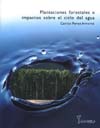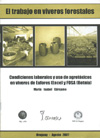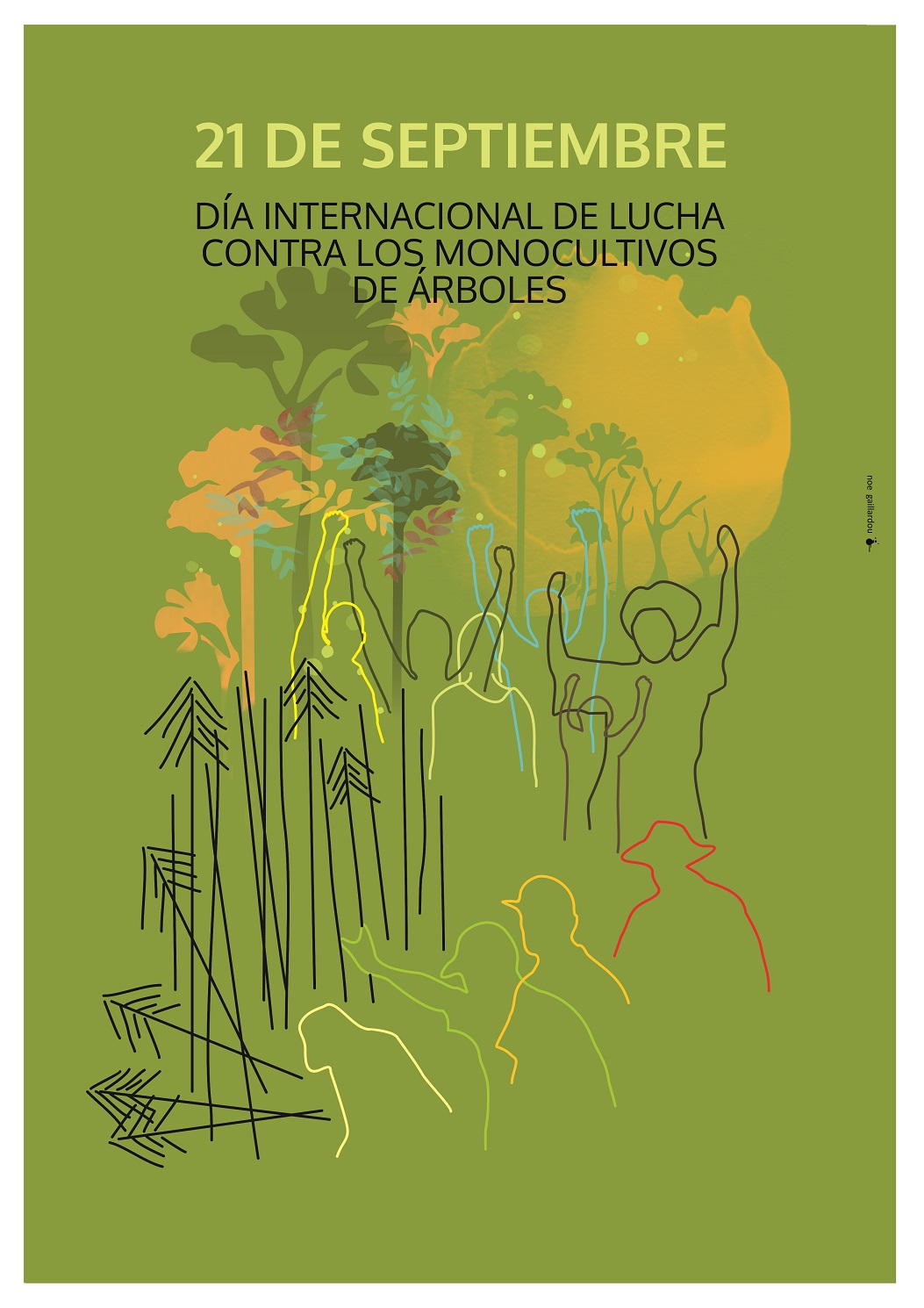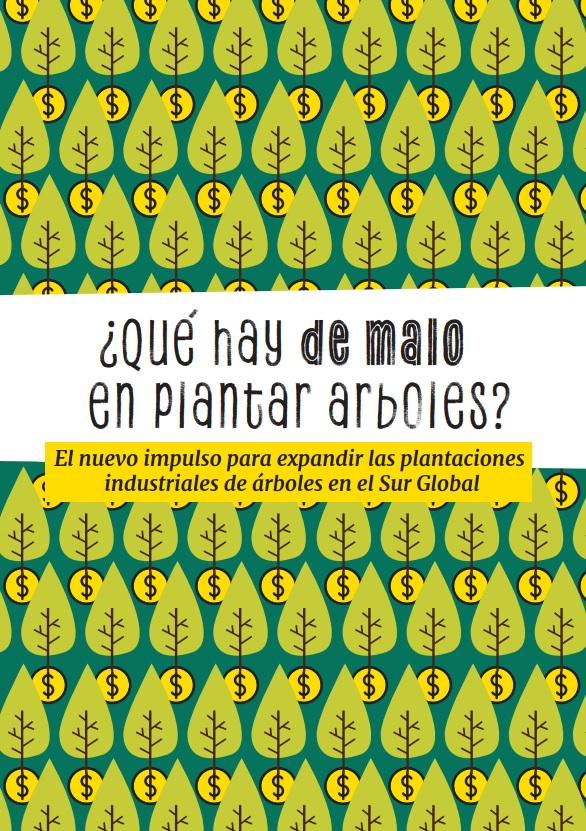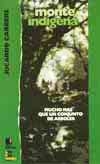Last Sunday (1), we, a group of citizens of the National Coordination against UPM went to Piedra Alta in the department of Florida to participate in the acts to commemorate the Independence of Uruguay and to spread this new declaration of Independence.
Given that:
– the agreement – which is arbitrary, unconstitutional and against the people – between UPM and the Uruguayan Executive Power to build the second pulp mill constitutes a serious attack on the sovereignty of this country;
– if the installation of the mentioned mill on the banks of the Rio Negro is completed, together with a railway and a port in the city of Montevideo, this will cause irreparable damage to society, the environment and the Uruguayan economy;
– the project will cause damage to the economy as the Uruguayan State would pay the infrastructure costs, estimated at more than 5,000 million dollars, which will not be recovered, while UPM would invest 2,400 million dollars, being exempt from the vast majority of taxes, it will operate in a free zone and earn 700 million per year;
– there will be a higher expulsion of family farmers from the land, as well as losses of jobs in agriculture, livestock and beekeeping due to the increase in eucalyptus monocultures. In addition, it will affect local tourism, artisanal fisheries and the fishing industry due to the increase in water pollution;
– it will increase sexual violence and exploitation, especially towards girls and women, as happened with UPM1 in Fray Bentos. There will be changes in the social structure and in prices at the place where the mill is implemented.
– the UPM train would transport pulp and hazardous chemicals through densely populated cities and urban areas (including through the capital of the country), over more than 270 kilometers, and this will cause strong negative impacts and risks for the inhabitants of the place. In addition, it will cause the loss of jobs at the local businesses that border the railway;
– the discharge of the effluents of the new plant, especially of phosphorus, will worsen the pollution of the Negro River in an exponential way, in a country that already suffers from serious problems due to the deterioration of water quality, putting at risk its potability.
– UPM’s intervention in labor legislation and education programs in the country is unacceptable, undermining one of the fundamental principles such as secularism; the transfer of controversies between the Uruguayan State and UPM to international jurisdiction is also unacceptable;
In use of ordinary and extraordinary Sovereignty that is legally invested in us, to constitute the political existence of the people that compose it, and to establish its independence and happiness, obeying the rectitude of our intimate conscience, in the name and by the will of who we represent, with courage and strength:
We declare forever unfit, void and of no value, all agreements made by the Executive Branch with the intrusive company UPM, which for more than 20 years has been usurping the inalienable rights of workers, ever since they settled in the country.
And because the Oriental People of Uruguay, hate and detests even the memory of the documents that comprise such ominous acts, we declare that we will continue to fight against the installation of UPM until we achieve the fullness of rights, freedoms and prerogatives, inherent to the peoples of the earth.
National Coordination against UPM
[1] On the 25th of August, Uruguay celebrated the 194th anniversary of its independence, gained in 1825.




